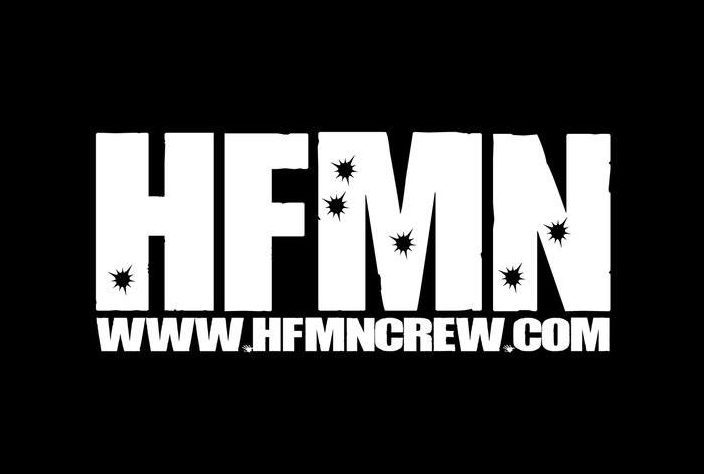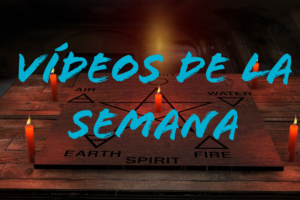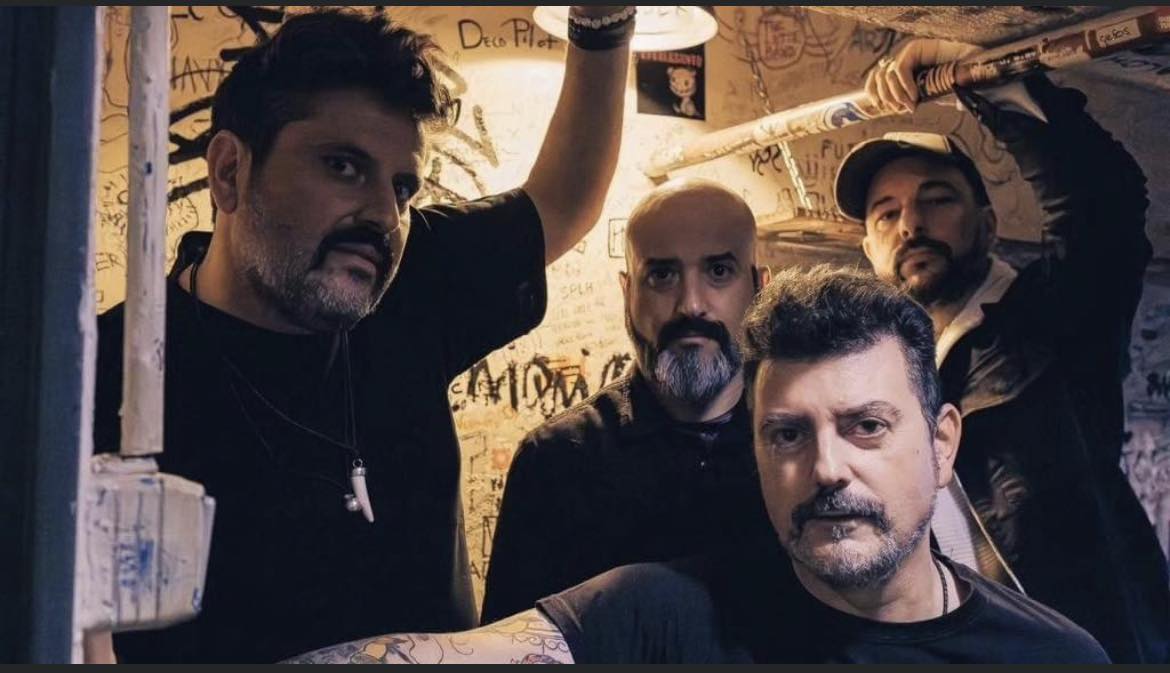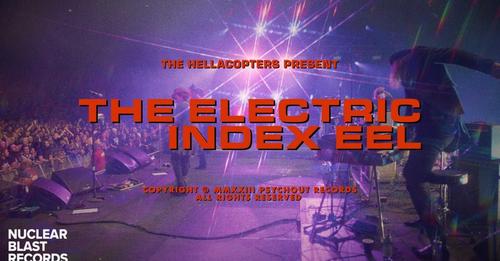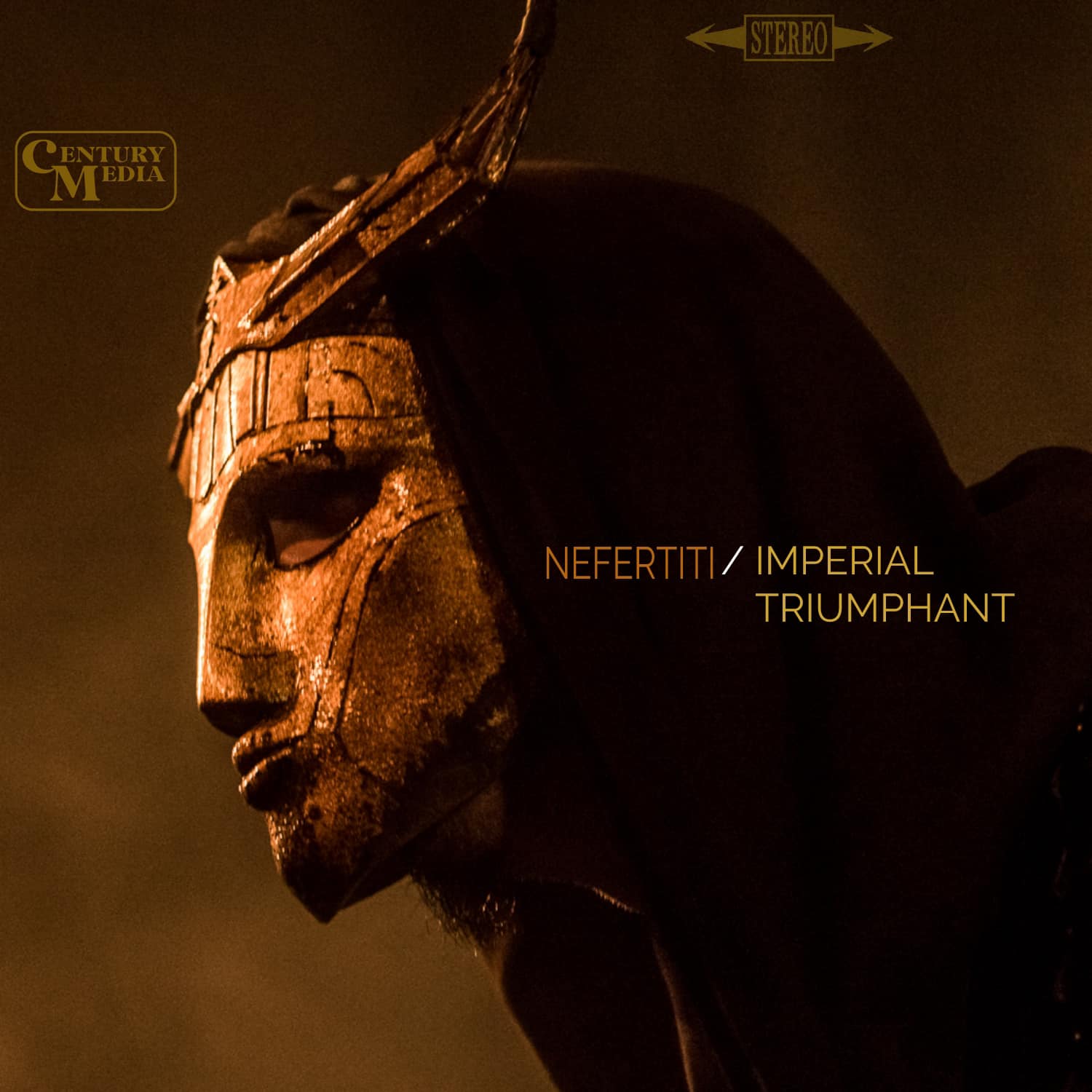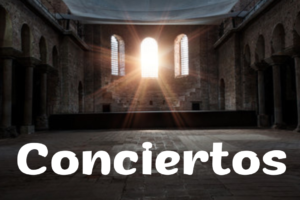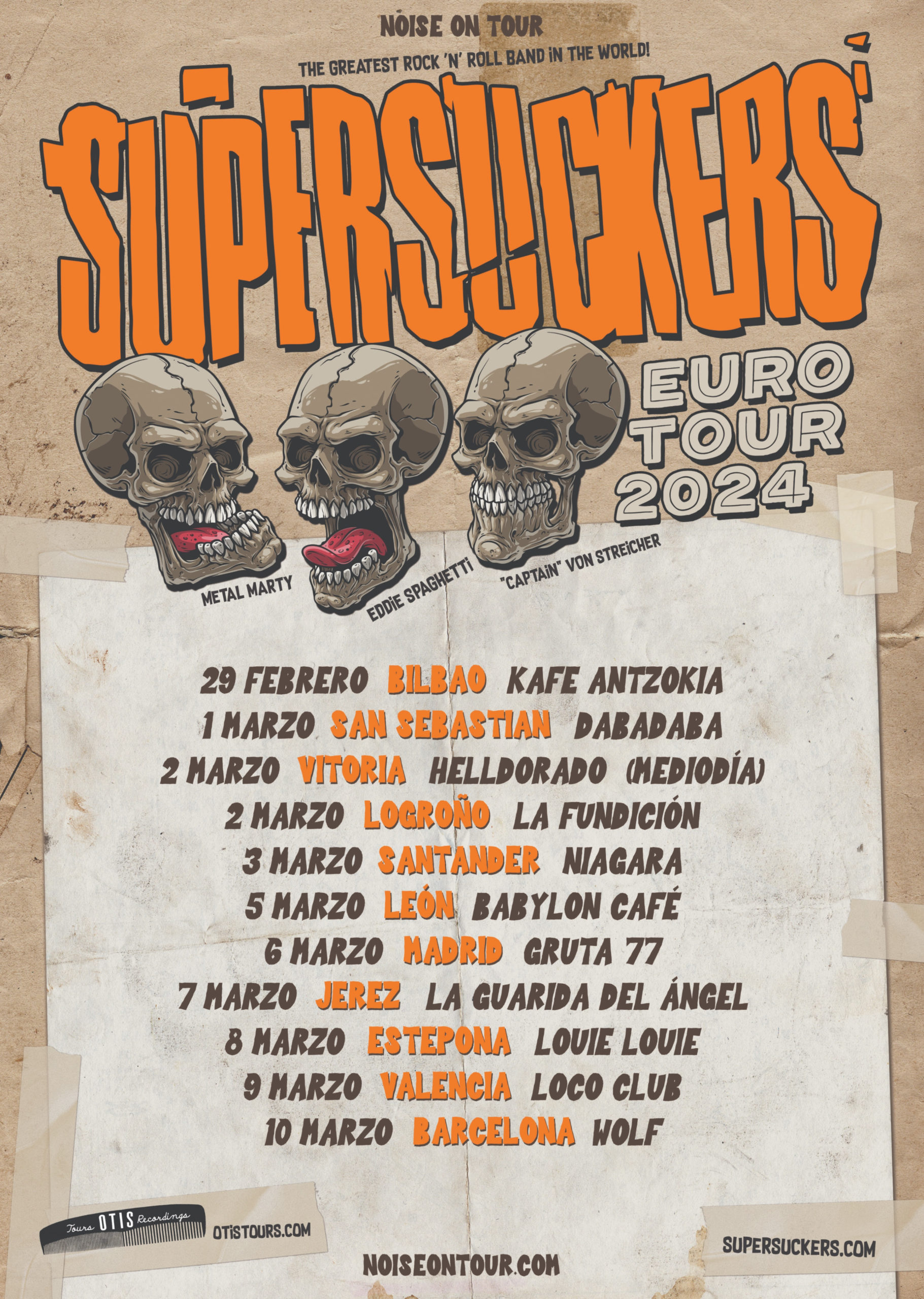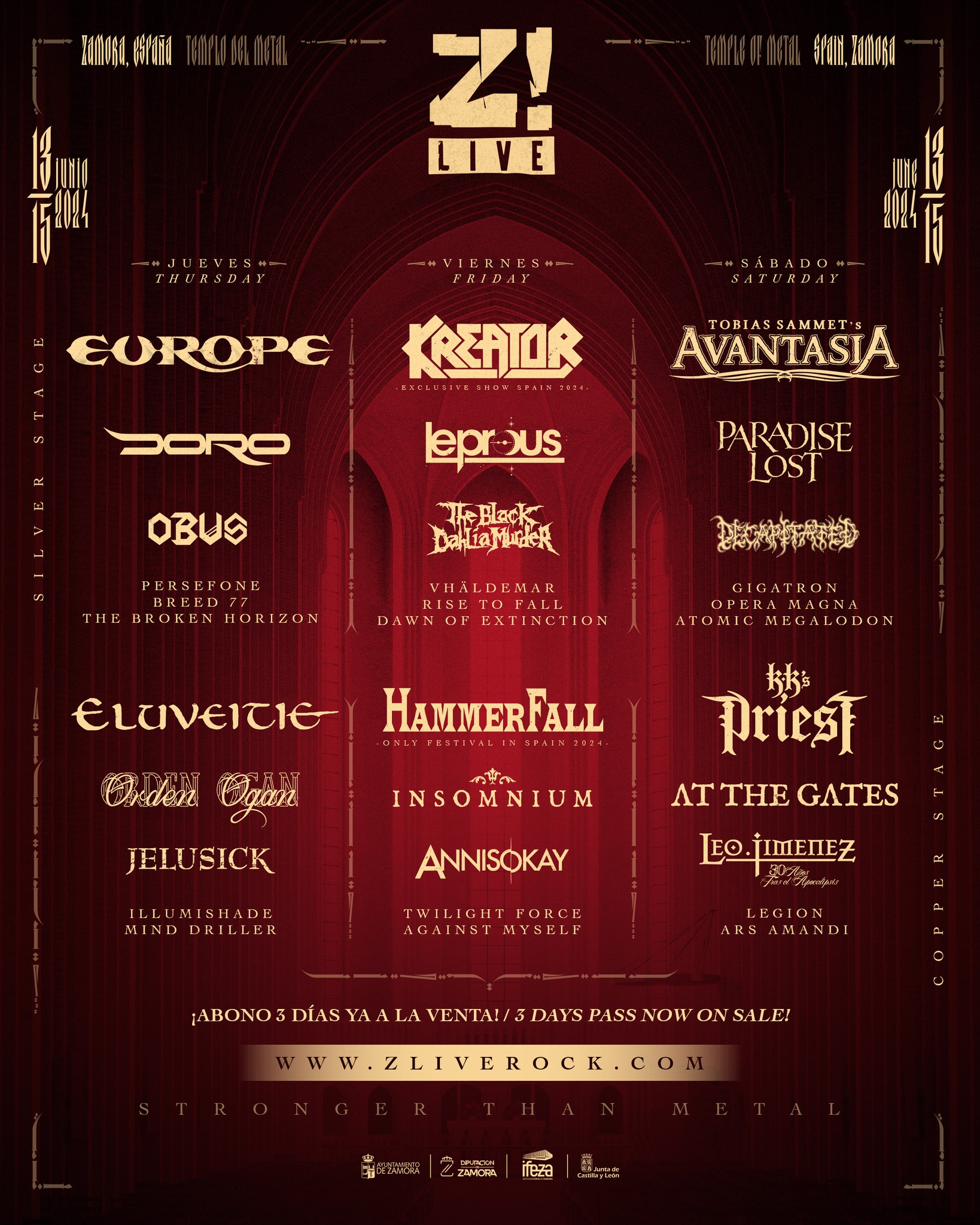[English below]
¿Os habéis fijado en que los neoyorquinos Dream Theater tienen editados más discos en directo que de estudio? Pues sí, la friolera de 25 discos en directo por 15 de estudio. Una auténtica barbaridad, por otra parte, sólo al alcance de estos genios del metal progresivo. Aunque en realidad, lo que nos va ocupar las siguientes líneas es ese último y décimo quinto álbum de estudio, “A View From The Top of The World”, puesto a la venta el pasado 22 de octubre, vía InsideOut Music.
Tras una primera escucha, percibo dos cosas: una positiva y otra no tanto. La positiva es la impecable producción, cada instrumento, cada mínimo detalle, se aprecia a la perfección, así que habría que felicitar al famoso Andy Sneap (Accept, Arch Enemy, Exodus, Judas Priest, Saxon, Testament, etc.), que ha sido el encargado de la masterización y la mezcla del disco. Lo menos positivo, como me temía, es que voy a necesitar más de una escucha (seis, doce, ya perdí la cuenta), porque no me logra atraer del todo. Me agradan la mayoría de composiciones, admiro (desde 1989) la calidad que atesoran cada uno de sus músicos, pero en general, me suena a más de lo mismo, y por momentos, hacen que me desconecte entre algunos pasajes, quizás demasiado extensos.
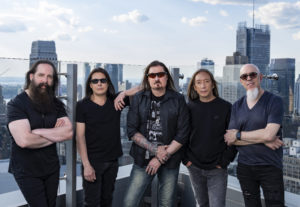
Así que, no me queda más remedio que ser valiente y profundizar un poco más, haber sí consigo encontrar un equilibrio o algo que suba mis expectativas iniciales. “The Alien” es la encargada de abrir el disco, también fue el primer single, así que ya tuvimos la oportunidad de escuchar y ver ese impresionante video que realizaron. En su día me pareció un temazo, y ahora me lo sigue pareciendo. Lo que más me llama la atención son esos ritmos rápidos y esos riffs cargados de groove del principio, sin olvidar las agradables melodías y el virtuosismo que desprenden Petrucci y Rudess a lo largo de toda la canción.
“Answering The Call” tampoco se queda atrás en cuanto a virtuosismo, técnica y melodía, se refiere. La sesión rítmica es portentosa, demostrando porqué Mike Mangini fue el elegido para sustituir a su homónimo Portnoy, teclado y sintetizadores suenan algo más pomposos, James LaBrie sube un tono, eso sí, sin demasiados alardes, es decir, que su voz sigue siendo cálida y melódica, como de costumbre, pero en general, me resulta un tema que bien podría haberse colado en los últimos discos, con lo cuál no aporta nada nuevo si lo comparamos con lo que vienen haciendo últimamente.
“Invisible Monster” y “Transcending Time” tienen cositas de los primeros discos, por ejemplo del “Awake”. La primera tiene un ritmo bastante enérgico, posiblemente sea la canción donde Mangini utilice más el doble bombo de todo el disco, y la segunda tiene un rollo más rockero, clásico, algo arábigo, que me encanta, además las partes de teclado con la guitarra combinan a la perfección. Inevitablemente, me recuerda a Liquid Tension Experiment (el otro proyecto de Petrucci y Rudess). También, ambos temas tienen estribillos estimulantes y una dinámica más accesible.
La épica “Sleeping Giant” me llega a sorprender, gratamente, porque noto algo diferente a lo escuchado hasta ahora, como por ejemplo, ese ambiente oscuro, misterioso, sinfónico y setentero que rodea gran parte de la canción. Por supuesto, abundan los cambios de tempo, alternando movimientos rápidos y pausados, algún riff más heavy, otros virtuosos, sesiones rítmicas más propias del jazz, teclados purplelianos… Todo esto durante diez minutos, y eso que todavía falta el premio gordo.
Pero es que “Awaken The Master” lleva el mismo camino, poco le falta para llegar a los diez minutos. También tiene ese toque oscuro de la anterior, aunque esta es mucho más densa y viene cargada de groove. Pero por encima de todo, para mí, se llevan la palma la potente sección rítmica y los solos de guitarra.
Llegamos al final con la mastodóntica, más de veinte minutos de duración, y la que da nombre al disco, “A View From The Top of The World“. Sí, me parece una obra maestra del metal progresivo, sin duda, pero me resulta demasiado extensa. Hay momentos que no sabes si estás escuchando la misma canción o son otras, esto no quiere decir que no haya momentos brillantes, todo lo contrario. Es el caso del estribillo, por ejemplo, se agrace que en un tema tan largo consigan unos coros que logran engancharte, o ese ambiente épico y sinfónico que le da grandeza al tema. También hay que destacar a John Myung, el bajo toma un papel más relevante, y se nota que está muy compenetrado con Mangini. Y uno de los momentos álgidos llega en el minuto 14, cuando todos y cada uno de los músicos exprime sus cualidades al máximo. Lo dicho, obra maestra, pero que hay que escuchar varias veces para apreciar todos los detalles.
Conclusión, son Dream Theater. No hay más palabras señoría. No obstante, nadie podrá dudar de la calidad que atesoran sus músicos, es evidente. Lo que habría que preguntarse es sí estamos ante su mejor disco o no, si es un acierto componer temas de larga duración, si han vuelto a su época más gloriosa o, por el contrario, siguen evolucionando… En mi opinión, “A View From The Top of The World” echa un vistazo por toda la historia de Dream Theater, aún así no me parece su mejor disco, aunque sí es cierto que gana muchos enteros con las sucesivas escuchas. Meticuloso y técnicamente impresionante, pero claro, sería difícil detenerse en toda su discografía y descubrir algo que no lo sea. En definitiva, un disco imprescindible para todo fan del metal progresivo.
Texto: Juanma Cisneros
English:
Have you noticed that New Yorkers Dream Theater have released more live albums than studio albums? Yes, a whopping 25 live albums for 15 studio albums. A real outrage, on the other hand, only within the reach of these progressive metal geniuses. Although in reality, what we will occupy the following lines is that last and fifteenth studio album, “A View From The Top of The World”, released on October 22, via InsideOut Music.
After a first listen, I perceive two things: one positive and the other not so much. The positive is the impeccable production, each instrument, every minute detail, is appreciated to perfection, so we should congratulate the famous Andy Sneap (Accept, Arch Enemy, Exodus, Judas Priest, Saxon, Testament, etc.), who has been in charge of mastering and mixing the album. The least positive, as I feared, is that I will need more than one listen (six, twelve, I already lost count), because it does not attract me at all. I like most compositions, I admire (since 1989) the quality that each of their musicians treasure, but in general, it sounds like more of the same to me, and at times, they make me disconnect between some passages, perhaps too long.



So, I have no choice but to be brave and dig a little deeper, if I can find a balance or something that raises my initial expectations. “The Alien” is in charge of opening the album, it was also the first single, so we already had the opportunity to listen and see that impressive video they made. In its day it seemed like a great song, and now it still seems to me. What strikes me the most are those fast beats and groove-laden riffs at the beginning, not forgetting the pleasant melodies and virtuosity that Petrucci and Rudess exude throughout the song.
“Answering The Call” is not far behind in terms of virtuosity, technique and melody, it is concerning. The rhythmic session is portentous, demonstrating why Mike Mangini was chosen to replace his namesake Portnoy, keyboard and synthesizers sound somewhat more pompous, James LaBrie raises a tone, yes, without too much fanfare, that is, his voice is still warm and melodic, as usual, but in general, I find it a theme that could well have crept into the last albums, which does not add anything new if we compare it with what they have been doing lately.
“Invisible Monster” and “Transcending Time” have little things from the first albums, for example “Awake”. The first has a quite energetic rhythm, possibly it is the song where Mangini uses the double bass drum of the entire album the most, and the second has a more rocker, classic, somewhat Arabic vibe, which I love, in addition to the keyboard parts with the guitar, they combine perfectly. Inevitably, it reminds me of the Liquid Tension Experiment (the other Petrucci and Rudess project). Also, both songs have stimulating choruses and a more accessible dynamic.
The epic “Sleeping Giant” comes to surprise me, pleasantly, because I notice something different from what I have heard so far, such as that dark, mysterious, symphonic and seventies atmosphere that surrounds much of the song. Of course, tempo changes abound, alternating fast and slow movements, some heavier riffs, other virtuosos, rhythmic sessions more typical of jazz, Purplelian keyboards … All this for ten minutes, and the jackpot is still missing.
But it is that “Awaken The Master” takes the same path, little is missing to reach ten minutes. It also has that dark touch of the previous one, although this one is much denser and full of groove. But above all, for me, the powerful rhythm section and guitar solos take the cake.
We reached the end with the mammoth, more than twenty minutes long, and the one that gives the album its name, “A View From The Top of The World”. Yes, it sounds like a masterpiece of progressive metal, no doubt, but it’s too long for me. There are moments that you do not know if you are listening to the same song or if they are different, this does not mean that there are no brilliant moments, quite the opposite. This is the case of the chorus, for example, it is appreciated that in such a long song they get some choruses that manage to hook you, or that epic and symphonic atmosphere that gives greatness to the song. We must also highlight John Myung, the bass takes a more relevant role, and it shows that he is very empathetic with Mangini. And one of the high points comes in the 14th minute, when each and every one of the musicians makes the most of their qualities. I said it was a masterpiece, but you have to listen several times to appreciate all the details.
Conclusion, they are Dream Theater. There are no more words, Your Honor. However, no one can doubt the quality that their musicians treasure, it is evident. What we should ask ourselves is if we are looking at their best album or not, if it is a success to compose long-duration songs, if they have returned to their most glorious time or, on the contrary, they continue to evolve … In my opinion, “A View From The Top of The World “covers the best of all the history of Dream Theater, even so it does not seem to me to be his best album, although it is true that it wins many integers with successive listens. Meticulous and technically impressive, but sure, it would be difficult to pause through his entire discography and discover something that is not. In short, an essential album for every fan of progressive metal.
Text: Juanma Cisneros
A VIEW FROM THE TOP OF THE WORLD:
- The Alien (9:31)
- Answering The Call (7:35)
- Invisible Monster (6:30)
- Sleeping Giant (10:04)
- Transcending Time (6:24)
- Awaken The Master (9:47)
- A View From The Top of The World (20:23)
DREAM THEATER:
James LaBrie – Vocals
John Petrucci – Guitars
Jordan Rudess – Keyboards
John Myung – Bass
Mike Mangini – Drums


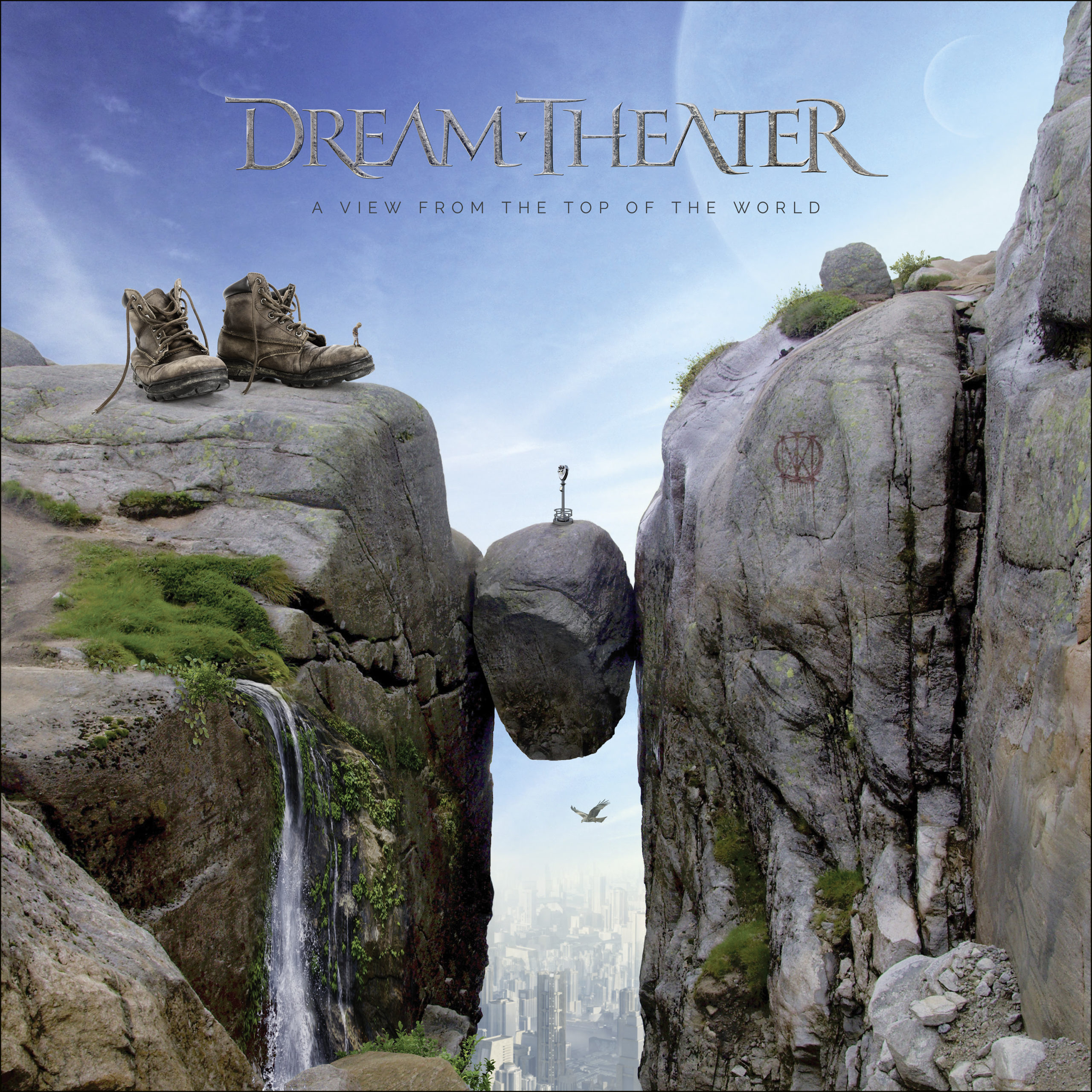


![[Reseña] SERENITY VUELVE A SUS FUEROS EN ESTE “NEMESIS A.D”](https://www.algoderock.com/wp-content/uploads/2023/11/386640845_898416944979543_6251700821426142423_n-190x122.jpg)
![[Reseña] Ankhara “De Aquí A La Eternidad” – Power Metal, headbanging y ríos de lava](https://www.algoderock.com/wp-content/uploads/2023/10/342221481_636594758310476_4227657371916687351_n-190x122.jpg)
![[Reseña] Just Friends “Gusher” – Sucio Funk, humedad y el café de por la mañana](https://www.algoderock.com/wp-content/uploads/2023/11/353064113_677782640828474_3030648305378393086_n-190x122.jpg)




